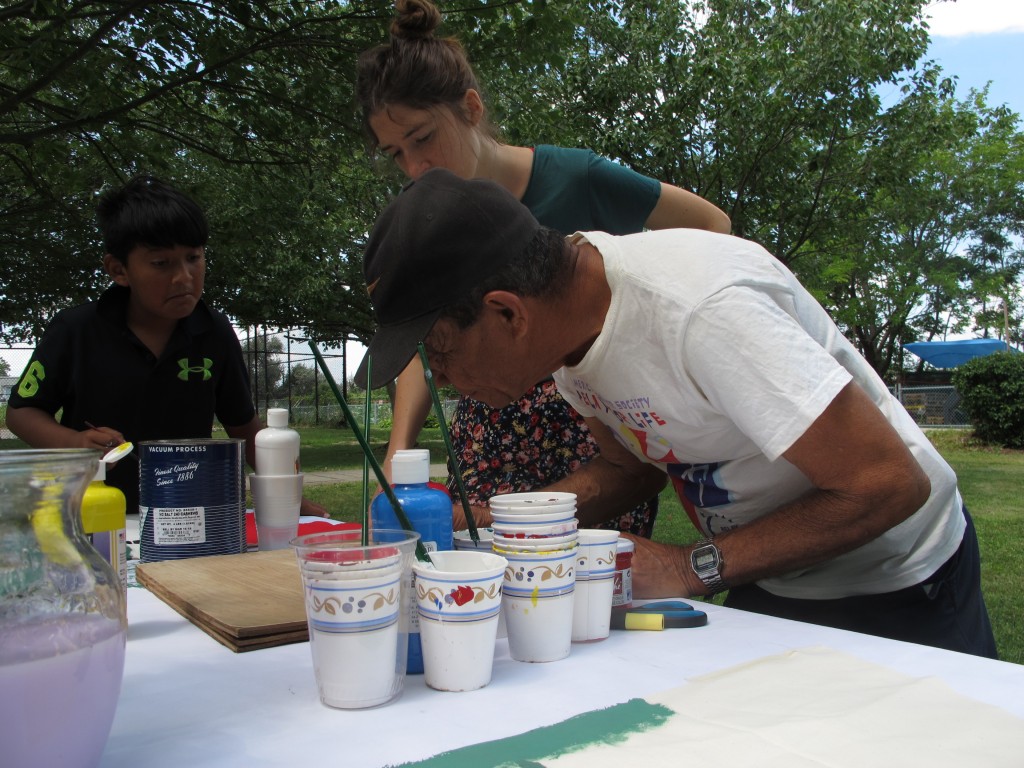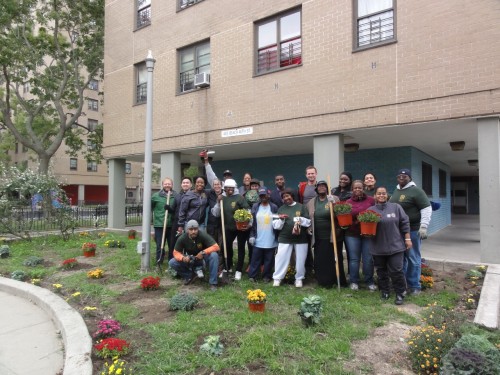For those who work or volunteer in the nonprofit world, engaging the local community is always on hearts, minds, and spreadsheets.

Within nature and health organizations, such as Trees Forever, success comes from connecting community volunteers, civic leaders, government officials and landowners through on-the-ground projects like a tree planting event. Other organizations, such as the City of Seattle, are re-examining policies, initiatives and budgets with a desire to ensure all residents have equitable access to parks and natural areas.
Community engagement at its most genuine requires an organization to listen to the needs of their stakeholders, and act accordingly. Within community-based nature and health organizations, knowing how the neighborhood wants to use the local park can guide goals, events, and budgets. Engagement may mean asking new people to give of their time. Community groups, like garden clubs and community garden nonprofits, often develop new ways to encourage someone to donate a few hours to pick up litter in a park, share information at an event booth, or lend technical expertise.
One aspect of Nature Sacred’s mission is to provide the tools for communities to design and maintain a nearby nature space in ways that are relevant to them. Community leaders, who we call Firesouls, use these strategies outlined below to elevate the messages for building and sustaining open, sacred green space.
Strategic fund raising. Pool resources with like-minded organizations, rather than compete within a small market.
Partner with college and high school student groups.

Capitalize on local and national movements by merging like-minded goals. Public awareness campaigns about health, eating vegetables, and saving the bees are all relevant to most nature-based nonprofits.
Empower other people and organizations to act. Partner with those who have more power than you, and those who have less.
Develop and share personal stories. A message of the value of trees and green space to the health and wellbeing of city residents appeals to many.
Share progress and updates with a diverse sector. Consider leaders in public health, the insurance industry, private business (such as local grocers), policy makers, and the medical and wellness community.
